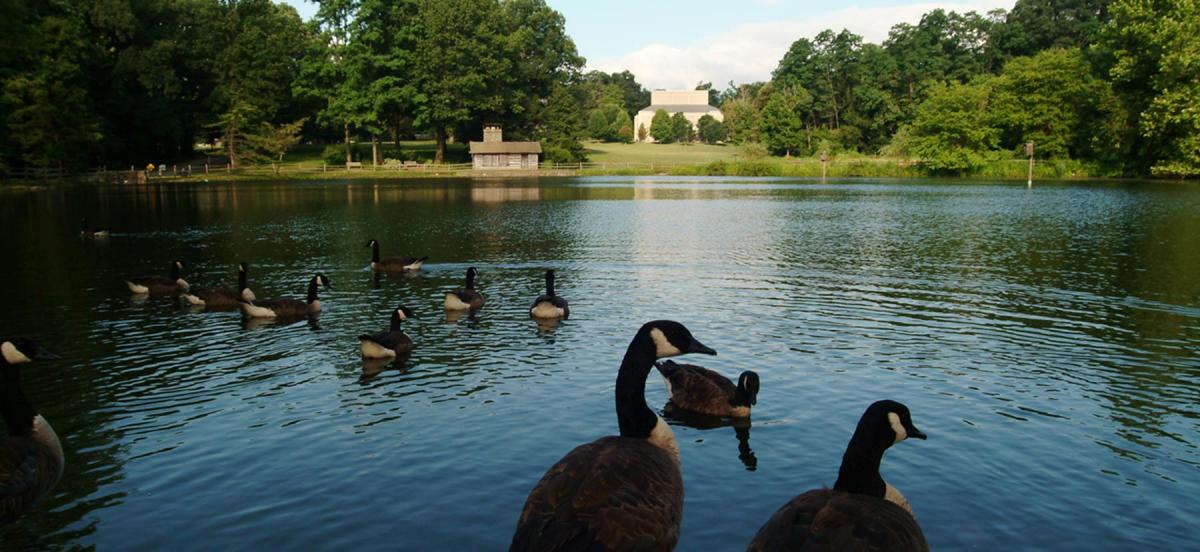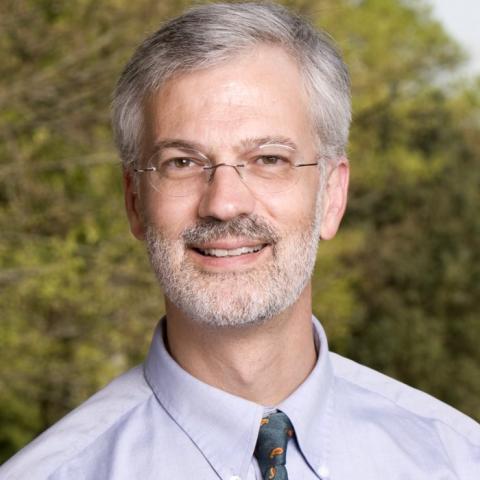Duck Pond Reclamation Project

Details
Ensuring the well-being of a treasured campus ecosystem.
The College is currently in the latter stages of restoring our Duck Pond. The larger of our two ponds, it was last cleaned in the early 1990s. It had become clear that accumulated silt posed a threat to the entire ecosystem. That silt needed to be removed in order to return the pond to its optimum depth of 5-7 feet.
Planning for the wildlife in the Duck Pond began well before any actions were taken, with the College and the College community working closely and collaboratively.
Beginning in spring, a certified wildlife removal firm, in accordance with state law, re-homed fish, turtles, and frogs to natural bodies of water (such as Darby Creek) and brought the non-native fish (koi and goldfish) to a College rescue team which cared for them in holding pools while they awaited homes. The veterinarian on the College's IACUC (Institutional Animal Care and Use Committee) played an invaluable role in connecting the team with a koi hobbyist who was willing and able to adopt many koi. A third member of the Haverford community joined the team in its rescue effort, helped care for the fish, and found homes for all of the goldfish.
Overall, this rescue team managed to save and re-home more than 70 fish; about 10 others were euthanized because they were clearly suffering from disease. A small number of other fish have been temporarily relocated to the upper pond and are waiting to be re-homed.
Our larger snapping turtles are currently residing in the upper pond and will return to the larger pond when it refills with water, in late summer. Some smaller turtles have been exiting the surrounding marshland, and from time to time some are visible on the mud flats. Turtles routinely migrate across habitats and as of Thursday morning, there are no turtles visible from the perimeter of the work area. Our wildlife engineers will continue to advise us about how best to manage any turtles that might stray into the work area.
The Duck Pond will remain a vibrant ecosystem with fish, turtles and other life for the next generation. We consider our campus a treasure and take seriously our responsibility to care for it.




